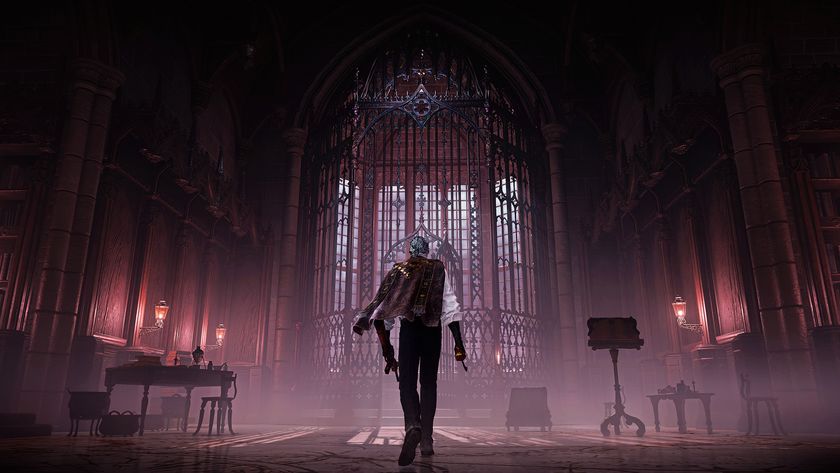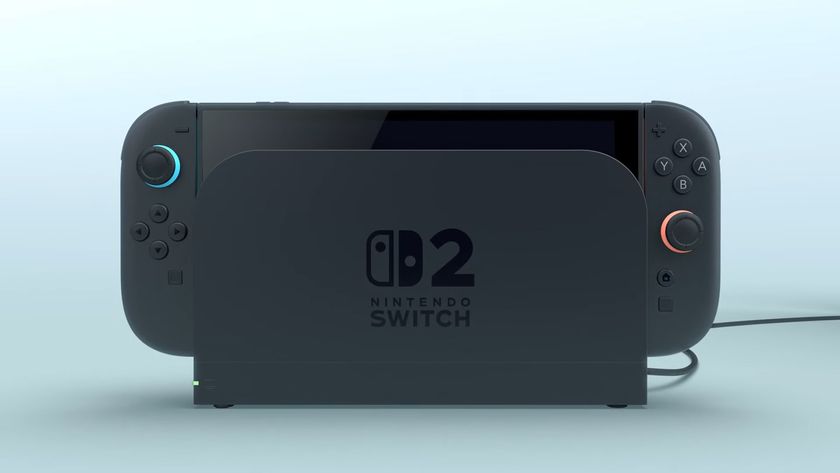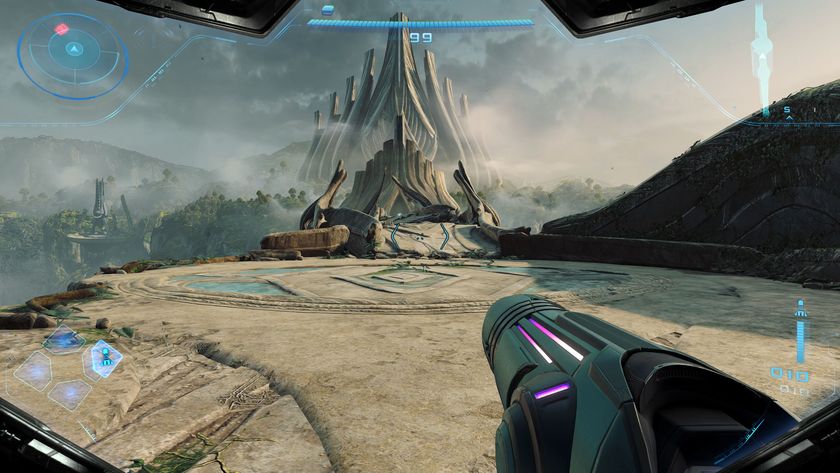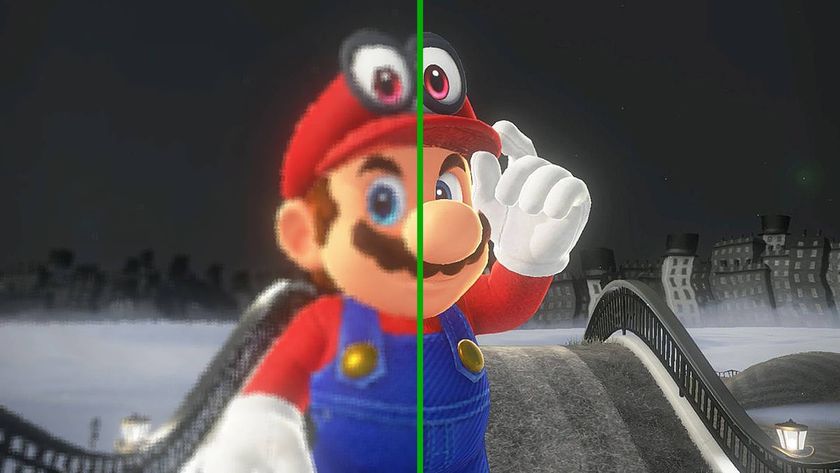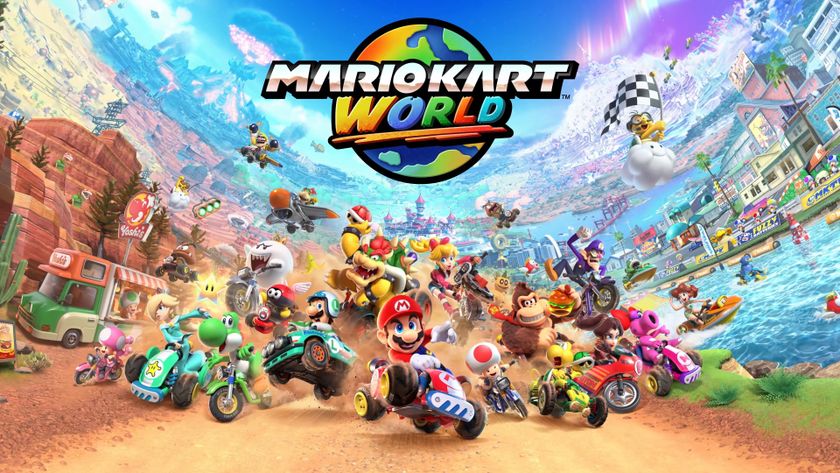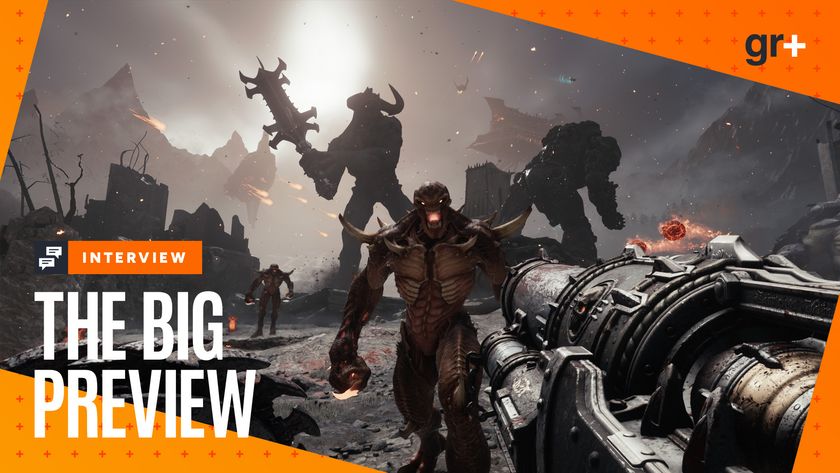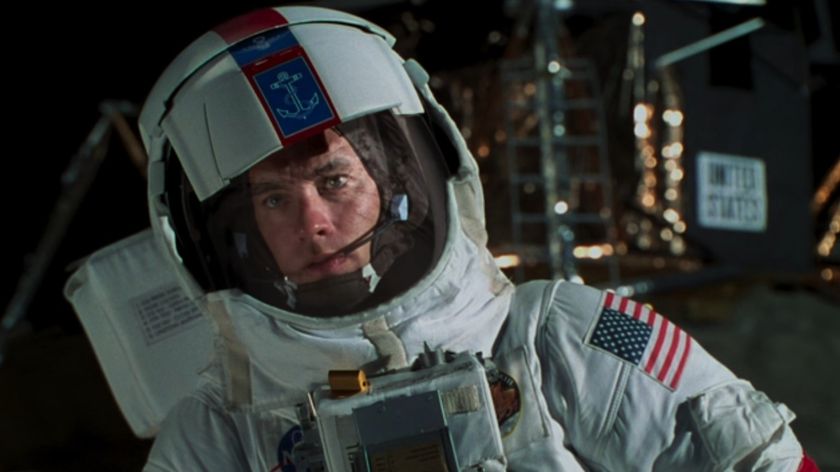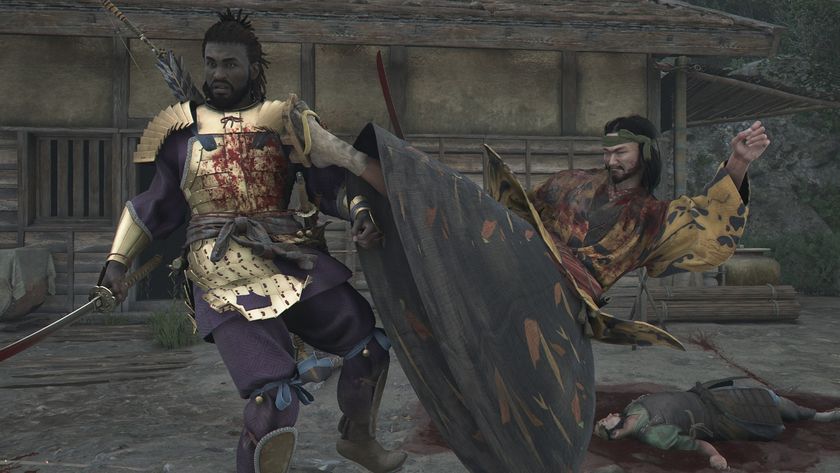Top 100: Fable 2 poops all over the competition
It's hard to write about what makes Fable II so special without sounding childish. It is a game where I spent roughly 80% of the time emptying my bowels into my baggy fantasy pantaloons. I don't mean that in the sense that I was scared - I literally crapped myself over and over again, forcing my digital body to disgrace itself by deliberately failing a farting mini-game. Perfectly time the button cue and you toot your way into everyone's heart. Come on, who doesn't like a rogue that can guff on demand? But overegg the pudding (as it were) and that reedy whine becomes a wet squelch, the knees buckle in shame and you become a social pariah.
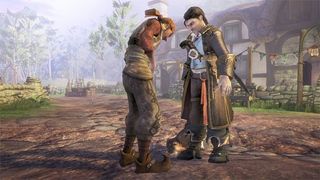
Although designed as an occasional punchline I find the move is actually better deployed as an act of comic malice. Using a mixture of 'positive' social expressions you can gather an adoring crowd around you in the town square. You catch their eye with the thumbs up; slowly nurture their affection with a jaunty dance; perhaps you throw in a puppet show to get the kids on board. The more the merrier, right? Then just as everyone is ready to hand over their firstborn, you drop the bomb. Short of bringing on the head of Square-Enix to announce the PC version of Final Fantasy VII is coming to PS4, I can't think of a more distressing anticlimax.
And that's a broad browning. Masters of the form can push it - oo-er! - even further. My tactic of choice was knocking on the door of a sleeping household, waiting for the owner to sluggishly drag himself to the entrance and looking him in the eye before soiling myself and running off into the night. "Ooh, I don't know if I like that" said one disturbed sleeper in a thick West Country accent. It was the idea that his mind wasn't quite made up that made the moment so funny. On the one hand he's really tired and has a doormat to wash. On the other... well, it's one hell of an anecdote. I know it is, because I've been boring friends with it ever since.
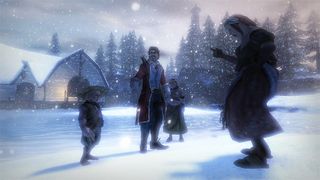
That may be three paragraphs of talking crap, but it's key to the enduring appeal of Lionhead's finest game. So many developers obsess over interactive storytelling and how player agency can shape a plot - think Heavy Rain or Bethesda's branching quests. Fable II shifts the focus onto how actions might shape a reputation. Yes, there are mission outcomes that will alter large chunks of Albion - one town, Oakfield, can be almost wiped off the map if you side with its enemies - but the focus on moment-to-moment behaviour takes a lot of the pressure off clearly signposted plot branches. It's entirely possible to make up for the Oakfield holocaust just by dancing a lot.
That sounds dumb as hell when you write it down, but the notion of a population observing your acts makes for a deeper kind of role-playing - a more literal kind, closer to play acting than most RPGs allow. I played the game as a pant-pooping jester, sure, but you could equally tackle it as a malcontent who growls at children to send them fleeing or the beefcake paladin who flexes his muscles to make the ladies swoon. Perhaps you're the womaniser with a wife in every town (though multiple partners increases the risk of an STD) or the secret serial killer who funds a highly ethical vegetable store in one village with the money stolen from victims in another.
This style of hero development occupies a rare middle ground between the passive, unknowable Links of this world and the BioWare model, where protagonists only get to make the big, important calls that shape the fate of the world. Come on, how much more fun would Mass Effect be if Shep could soil himself during moments of vital diplomatic importance? And imagine factoring zero-g environments into the mix... but I digress. I'm not saying Fable II's model is the correct way forward, but it's certainly an interesting path that's trodden by few others. That no one has adopted the system probably explains why the game still holds up today.
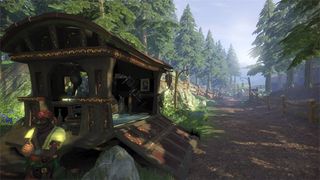
And it's not as if Albion is shy of other tourist attractions. It's an authentically British creation, for one, delivering the rural voice and tone better than the fantasy RPGs built by teams who've never seen a field of grass, let alone written dialogue about one. You'll find no face-palming 'thees, thous or verilys' here. It's also borrows more from folklore and fairytale than the high fantasy of Dragon Age or Elder Scrolls - hunting foul mouthed Scottish gargoyles or answering a demon door's riddle to enter a Christmas wonderland that turns to ash when you approach it are intoxicating for not being another round of elf/dwarf/dragon/blah/blah/blah recycling.
Sign up to the 12DOVE Newsletter
Weekly digests, tales from the communities you love, and more
Fantasy RPGs are well served by our list of the best games ever; it's a genre that's home to some of the finest studios in the world. Fable II may not have the scale of Skyrim, the plotting of Dragon Age or the sheer spark of adventure that powers Link's quests, but it bends over backwards to ensure that whatever role you choose to play, you're as welcome as the next player. That's something to cherish.
Matthew Castle is the former editor of Official Nintendo Magazine and Official Xbox Magazine. He was also part of the team on the Nintendo Gamer magazine back in the day. Since then, he's worked at Rock, Paper, Shotgun as part of their video team, as well as for the official Xbox On YouTube channel. Nowadays, he's a freelance games critic and consultant, and one half of the Back Page podcast.
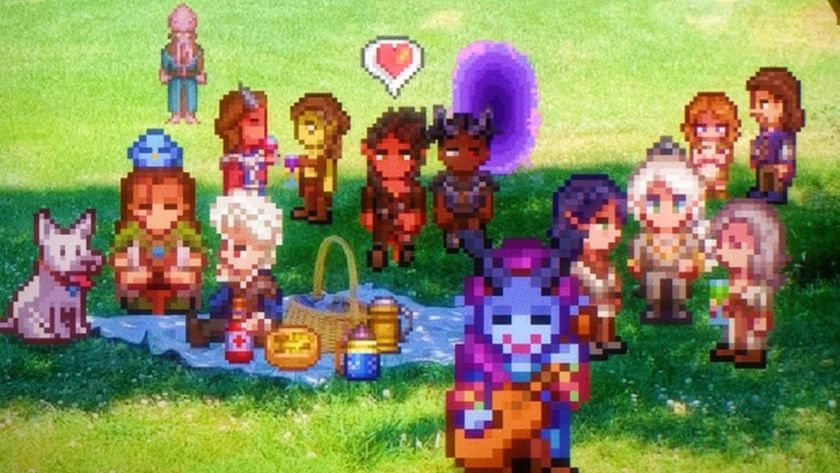
Following "mistaken" DMCA from D&D publisher Wizards of the Coast, Stardew Valley player behind Larian-approved Baldur's Gate 3 mod assures work will "resume as scheduled"
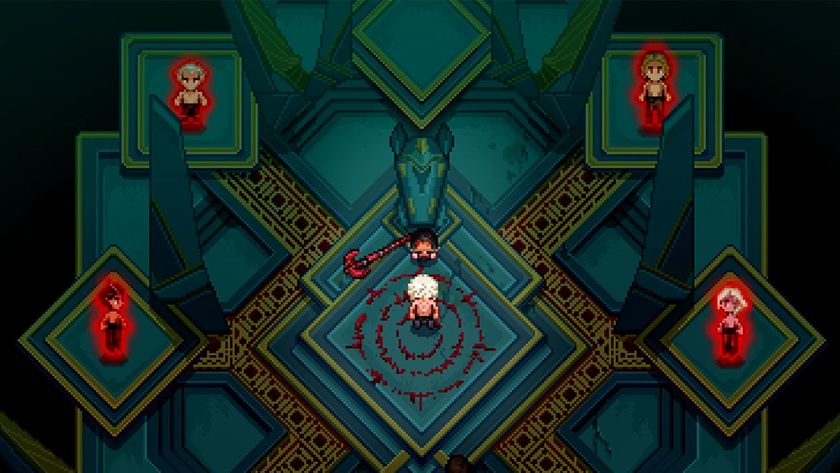
After slamming D&D's Wizards of the Coast, Baldur's Gate 3 devs celebrate "good ending" for Stardew Valley mod as it gets reinstated after a "mistaken" DMCA




